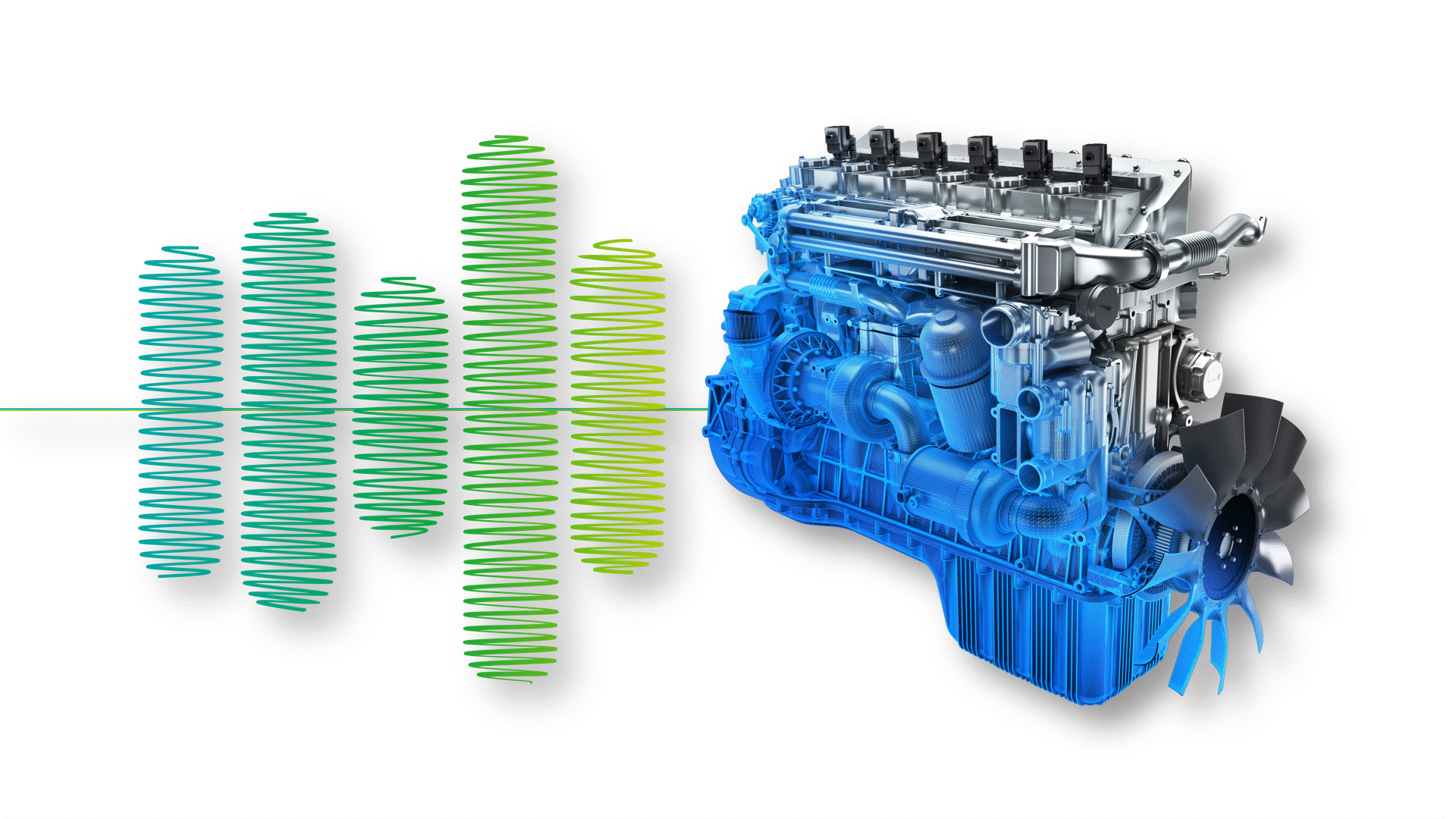
SIMpulse stands for innovative insight into the ever-evolving landscape of simulation technology. Experience a dynamic showcase spotlighting the diverse facets of simulation applications, from automotive design to energy optimization and beyond.
The second part of this online event series focuses on the potential of alternative fuels for internal combustion engines.
The way we will live in the future is inextricably linked to how we are able to minimize CO2 and pollutants in all areas of life. Mobility is only one of them. But actually, it is THE ONE that typically comes to mind first when we think about ways to reduce our environmental footprint. And the answer most people immediately expect to hear is: Go electric!
As is often the case: Simple answers are tempting, but usually not the best. The requirements of the various mobility sectors are very specific. While today's battery-electric vehicles can get us from home to work and back safely and reliably, it seems unlikely that we will be able to switch to fully electric vehicles in the short term when it comes to long-distance heavy-duty road transport or heavy machinery in agriculture and construction.
It will be even more difficult to introduce full electrification in overseas shipping and aviation. This is where we come back to the discussion of further improving ICE-based powertrains by increasing their efficiency and looking for alternative fuels. Green hydrogen, ammonia or other fuels produced from green excess electricity, crops or compostable waste can replace current fossil-based gasoline and diesel.
Alternative fuels have the potential to provide mobility in sectors that are currently hard to electrify, while reducing greenhouse gas and pollutant emissions significantly and faster than a pure electrification strategy for all modes of transportation.
Join us to learn more about the opportunities created by the use of alternative fuels in future combustion engines, the challenges they present, approaches to overcoming them, and solutions that have already evolved. Get answers and innovative insights directly from experts involved in alternative fuel engine development programs and participate in our live roundtable discussion on the topic.






